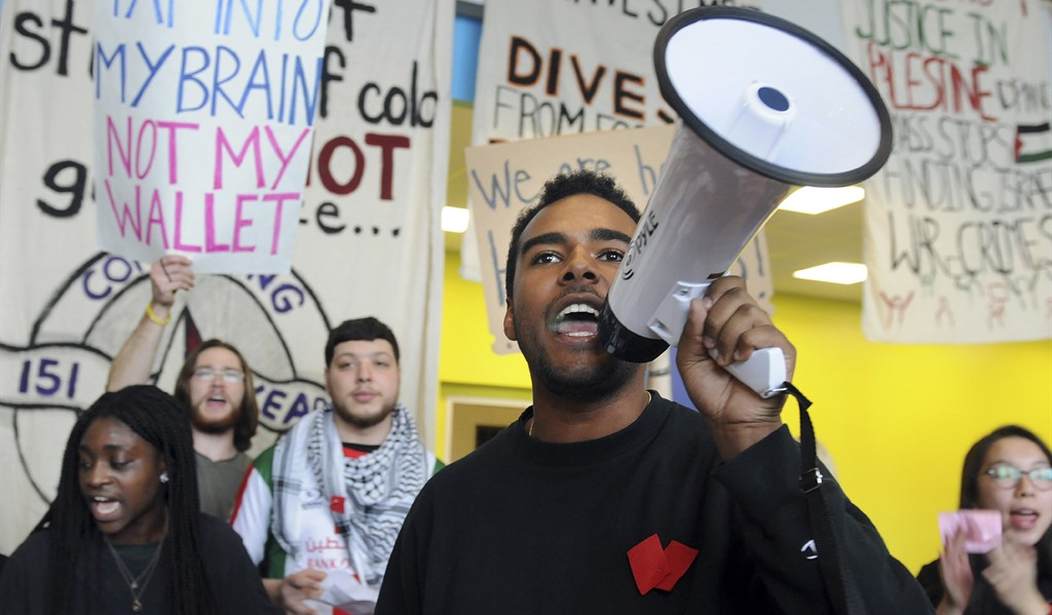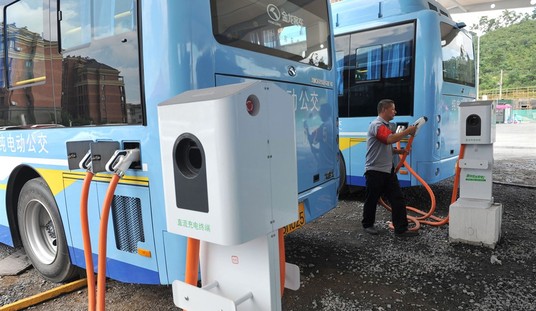Joe Biden’s plan to “forgive” anywhere from 400 billion to one trillion dollars in student loans is on the rocks at the moment and may wind up crashing and burning entirely. This situation has left the White House in a bit of a sticky situation. People are still not making payments on their student loans because of a moratorium Biden continued after it was initially imposed in the early stages of the pandemic, and he has extended it a couple of times since then. But that moratorium is set to expire on January 1st. As Rick Moran points out at PJ Media, nobody expects the courts to sort this mess out in little more than six weeks, particularly as we’re entering the holiday season. But what justification could the President offer for extending the moratorium yet again at this point?
The Biden administration’s student loan forgiveness plan is in deep trouble in the courts. Two federal courts have blocked the administration from forgiving any debt, and one of the court decisions scathingly called into question the program’s constitutionality.
But the administration has a problem. The moratorium on student loan debt repayments is set to expire on Jan. 1, 2023. Since it’s highly unlikely that the legality of the program will be determined by then, aides have been scrambling to come up with a justification for extending the payment freeze beyond that date.
“As the legal vulnerability has become clearer and clearer, the White House has been making increasingly firm plans to extend the loan repayment pause,” one of the people familiar with the matter told the Washington Post.
You can see Ron Klain’s fingerprints all over this, particularly if people on Biden’s team are willing to tell the WaPo that “increasingly firm plans” are being made to push this “pause” on loan payments further into 2023. But they may not have thought through all of the potential consequences.
Let’s keep in mind how this “pause” came about in the first place. The administrative forbearance period originally began under the Trump administration in March of 2020. Joe Biden extended it more than once, most recently in August of this year. And the entire basis for that moratorium was the pandemic and the inability of people to go to their jobs and earn the money needed to repay those loans.
But back in September, Biden himself declared that the pandemic “is over.” Virtually everyone who wants (or can find) a job is back to work. I can’t find a single example of a company anywhere in the United States today that is still shut down or sending its employees to work remotely full-time citing the dangers of the pandemic as the reason.
In other words, the entire premise of establishing the moratorium in the first place has completely expired. Rather than asking if it should be extended again, we should be asking why it hasn’t already been canceled. If Biden decides to extend it again, he will unquestionably be doing so to achieve a political goal, not to protect people who are being endangered by a national disaster. And since when are executive mandates of this nature allowable in the name of nothing more than checking off a box on your political priority list?
The loan forgiveness plan is already being challenged and the courts and it’s not holding up well. Any extension of the moratorium needs to be similarly challenged on the same basis. These decisions involve vast amounts of taxpayer money and Congress has not weighed in to support these actions in any fashion. If Joe Biden wants to extend the moratorium, he needs to provide a new rationale for continuing the policy. And I’ll be darned if I can think of one that wouldn’t sound patently ridiculous.








Join the conversation as a VIP Member